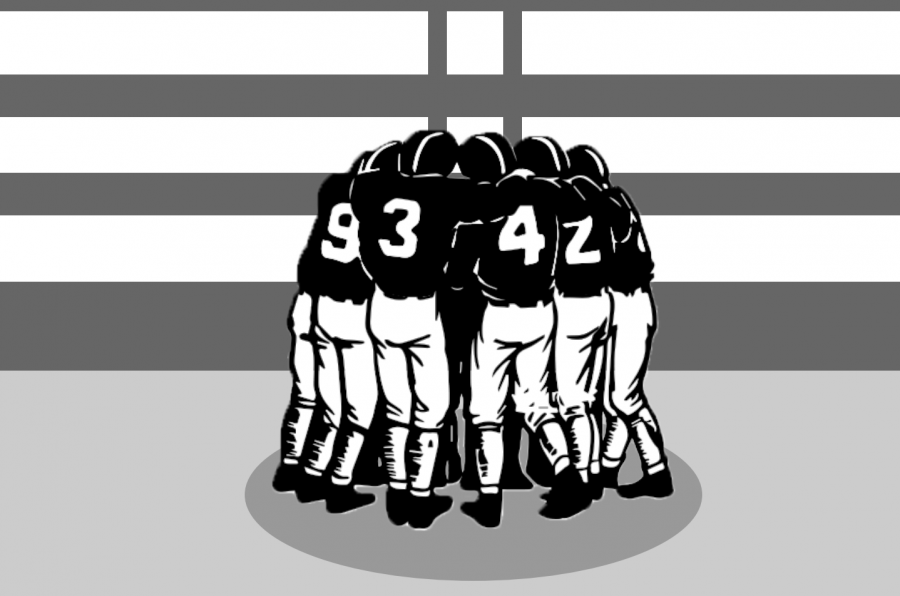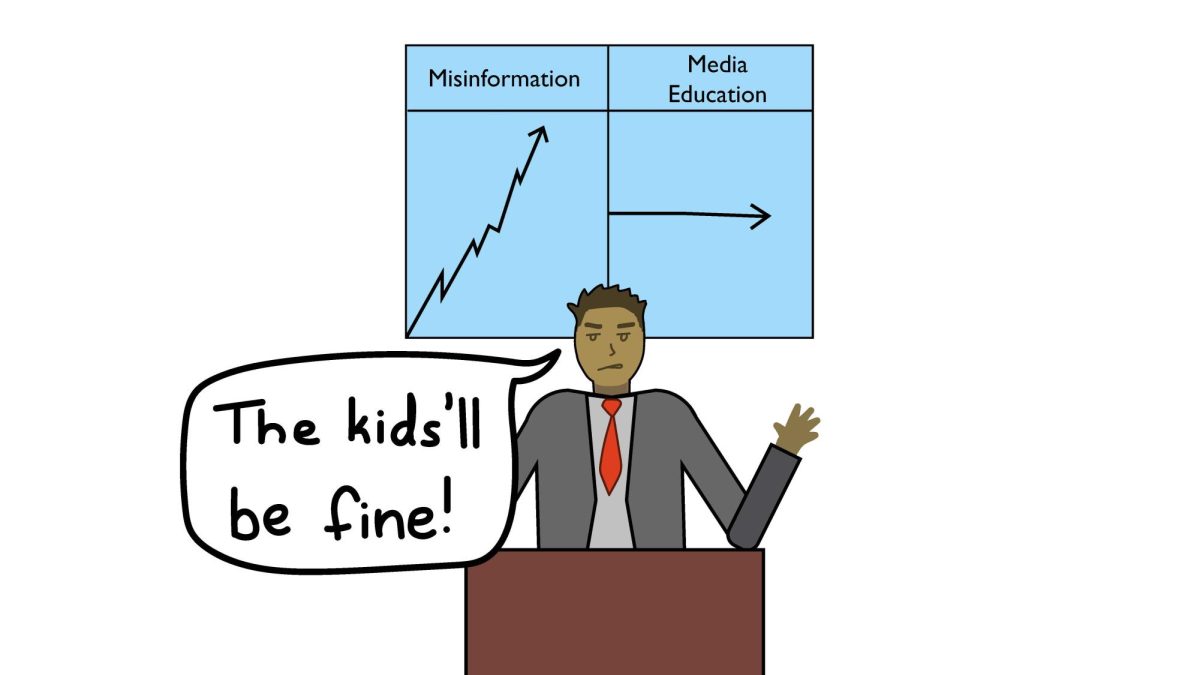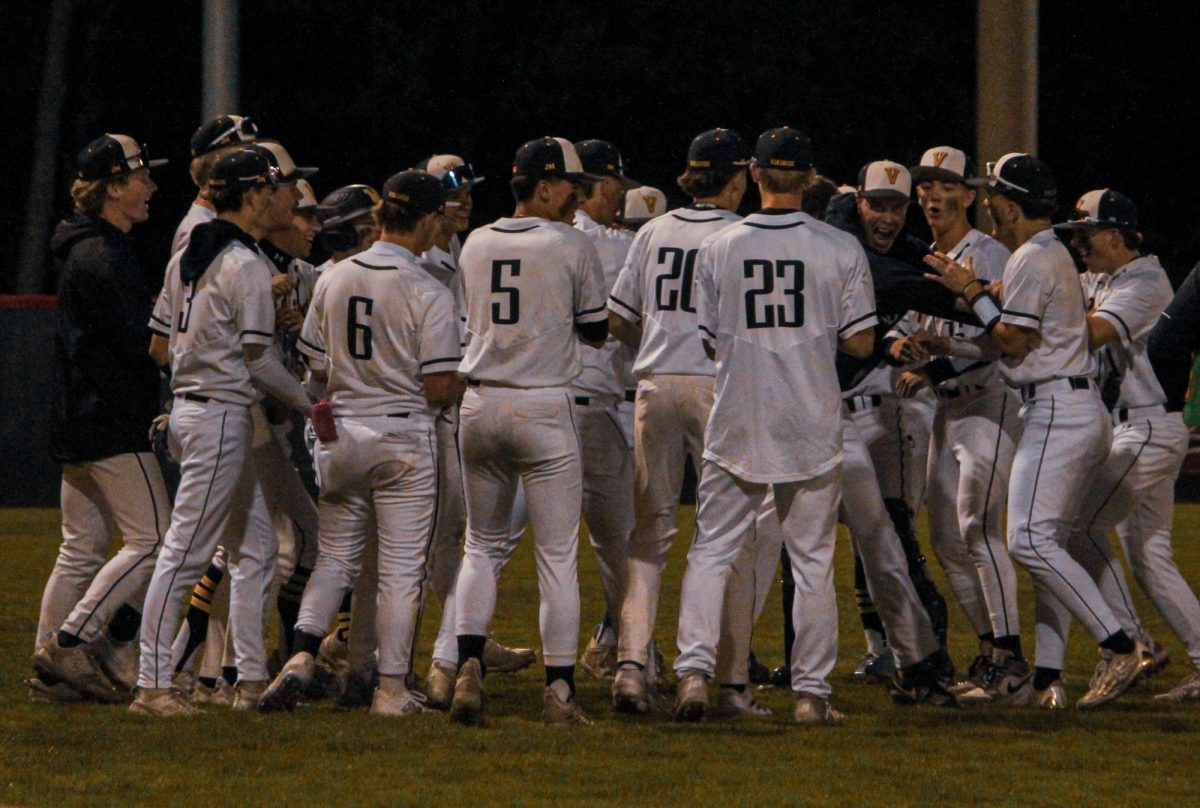Many transfer students who come to Inglemoor play a sport for their own personal reasons.
There is an underlying expectation in our society to maintain fairness, including equity in our sports environment. The Washington Interscholastic Activities Association (WIAA) was formed to create equitable playing conditions for all high school teams. However, their regulations relating to transfer students in sports prove to be morally invalid and play a larger role in our high school athletic programs, especially for the affected students. Holding a student back from their opportunities due to simply com-
ing from a different designated school proves to create an overall less equitable environment.
While in most circumstances, the varsity team of a sport consists of the best participants in the school, WIAA transfer regulations have thrown a wrench into the whole concept. The WIAA Handbook contains a Philosophy of Transfer statement that revolves around a few reasons; it prevents students from transferring to a school for athletic reasons and protects students who are currently participating in the
sport from being replaced by a transfer student.
Even if students do switch from school to school for better athletics, that only proves to benefit the team. When you limit someone’s ability to demonstrate their skills, it creates a negative impact on them and on the team. If the team isn’t performing with its most talented players, then they are un-
able to truly represent the team’s athletic abilities.
According to section 18.11.3 of the transfer regulations, students are required to be a member of the school for one calendar year to be eligible for varsity competition. The main concern if there were no time restrictions on student participation in varsity sports is that it would allow other schools to more easily recruit talented players with tangible incentives, such as money, to help a new school. If we can implement laws instead, they can effectively make these incentives illegal — an equitable playing environment for sports teams would become easier to maintain.
Inglemoor prides itself on giving everyone an opportunity to grow, but if there are athletically-talented students who are deprived of the ability to participate in varsity events,
then our students can’t grow as athletes. These regulations are inherently hindering our transfer students and putting them directly at a disadvantage and impeding on their ability to grow.
When a student transfers to this school, they are one of us. There is higher rationality in giving all our students equal opportunity. Regardless of whether or not this is their first year at this school or their fourth— transfer students should receive as fair of a treatment as any other student. If a school wants to present their best players and create an equitable sports environment, they should have no time constraints 0n when a student can be eligible for a varsity position in a sport.
Considering the circumstances, it seems that the way forward in our sports environment for our students is to convince the WIAA to revise these obscure transfer rules to allow transfer students to play on a varsity team. This would create that equitable school sport environment that Ingle-
moor needs and that everyone deserves.
















